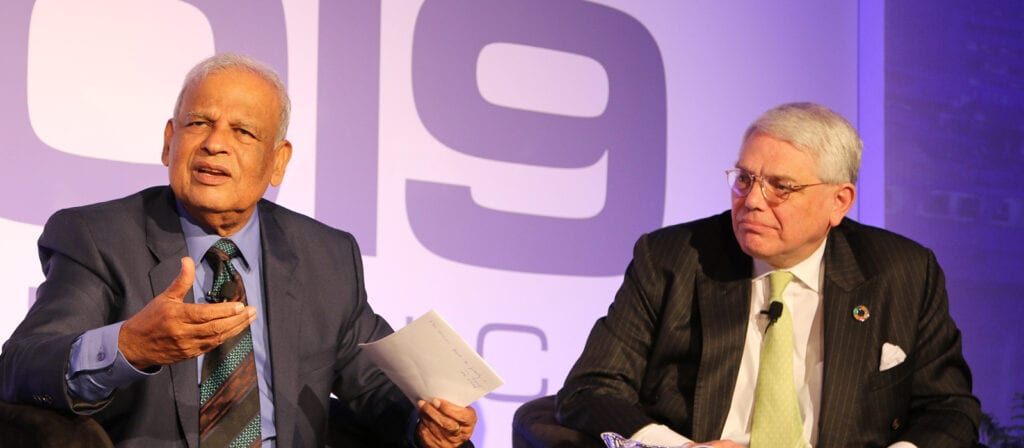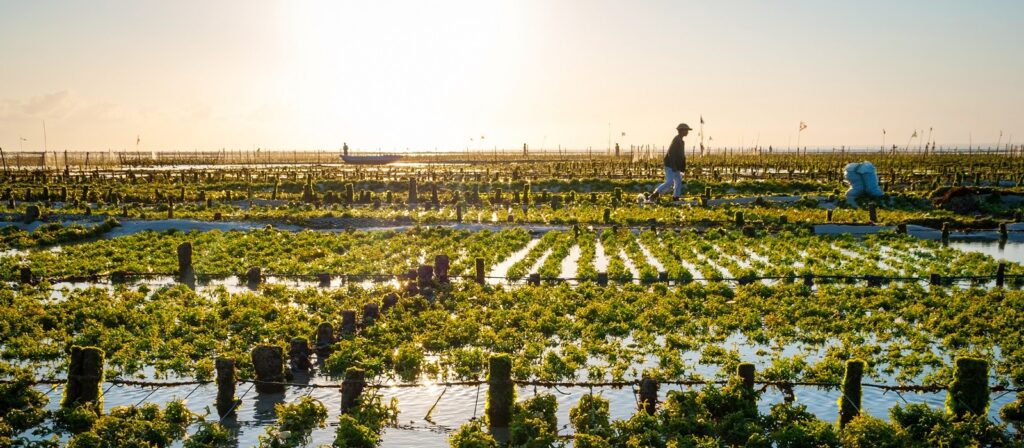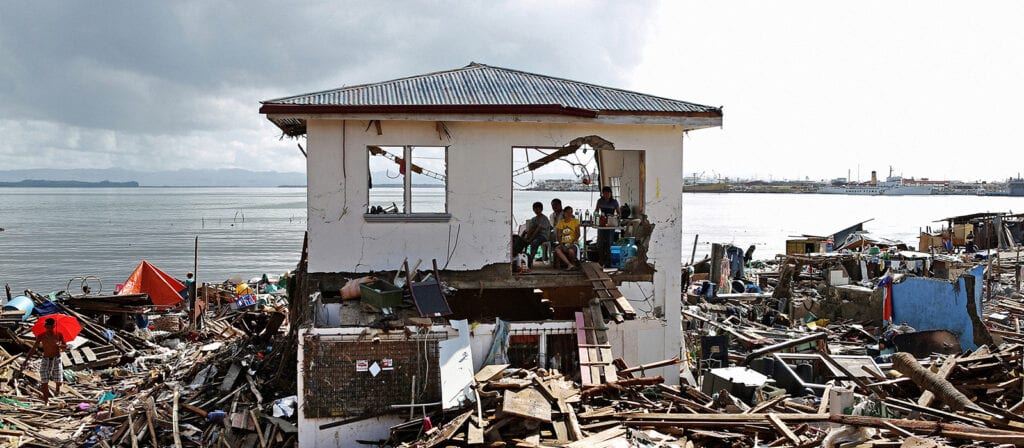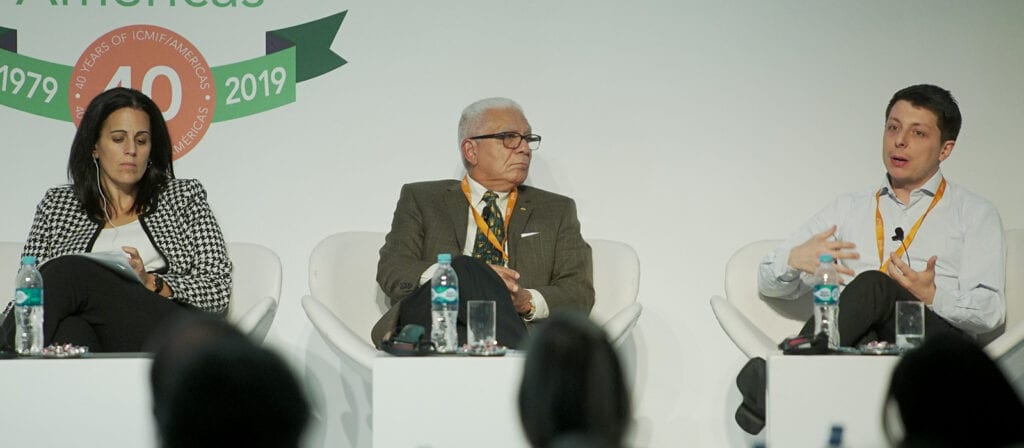Case study presentations from session at AOA/ICMIF Microinsurance Seminar 2019
Two ICMIF members - one operating in an developed market and one operating in an emerging market - share very different perspectives about how they are addressing some basic unmet insurance needs to close the protection gap (the difference between insured losses and economic losses - or uninsured losses) in these different markets.
The unmet needs in Canada: Closing the protection gap through inclusive insurance
Canada is the second most resilient country in the world, however 8% of its people report unmet basic needs and 58% have insufficient savings. The Co-operators (Canada) has launched an Innovation Initiative for Financial Inclusion to actively research the unmet needs of Canadians living in poverty and determine steps it could take to close the gap. The market segments targeted are the unemployed, the working poor, immigrants and the indigenous. The research showed that working poor families want to live with dignity; support their family and their community; improve their employment situation; and build a better future.
Respondents told The Co-operators that they wanted affordable solutions to absorb financial shocks. Microinsurance is a good way to achieve this. They also wanted to facilitate and incentivise behaviours critical to financial resiliency and this can be achieved by saving incentives, education and loss prevention strategies. The Co-operators then went on to consider how it could foster the creation of resilient communities with strong social capital and this resulted in the creation of peer-support groups and other non-financial assistance.

Presenter:
Clément Brunet, AVP Financial Inclusion Initiative, The Co-operators (Canada)
Building resilient communities in Indonesia
The Insurance Development Forum (IDF) has committed to deliver 500 million newly protected consumers by 2030. Insurers need to transition from selling products to delivering solutions which address customer needs and migrate from working in silos to developing broad partner ecosystems. The core building blocks for reliance are social wellbeing, environmental sustainability and economic development.
Asia Affinity chose Indonesia for their pilot microinsurance programme because the decrease in poverty is now creating demand for sustainability in financial inclusion: only 11% live below the government-defined poverty line but only 49% of adults have access to a bank account, with interest rates often in excess of 25% for a loan. There are also over 153,223 cooperatives and credit unions in the country and nearly 70% of lending activities are dominated by the top banks. Only 6% of fintech efforts are focused on insurance and penetration in Indonesia is only 2.75%
Distribution is achieved by building community value and leveraging student cooperatives, rural credit unions, factory workers and investing in digital partnerships.
They are committed to leaving no one behind and in order to achieve this, the microinsurance model has to be digital and able to deliver the following: online banking; credit approvals and payment capability; increased transparency; payment gateways to facilitate development of individual credit scoring algorithms; a surge in pee- to-peer lending; and full digital integration required for insurance product sales.
In order to create sustainable competitive advantage for their businesses and the communities it serves, Asia Affinity needs to invest in simple scalable solutions – infrastructure that empowers communities by delivering, education and broad mobile engagement; access to finance and protection solutions; new revenue creation and development of MSME/SME models, measuring impact; deliver governance; and develop strong ecosystem partnerships, that deliver value and services for its customers into which it can blend protections solutions; strengthening the community bonds of the movement, to address critical society needs, eg. climate adaptation, ageing populations and income disparity.

Presenter:
Graham Clark, Chief Executive, Asia Affinity (Hong Kong)
More information
If you would like more information on the topic or case studies presented above, please contact us. We are here to make tailored introductions to your fellow ICMIF members and we can also share other member-only resources with you based on your specific challenges and interests.





